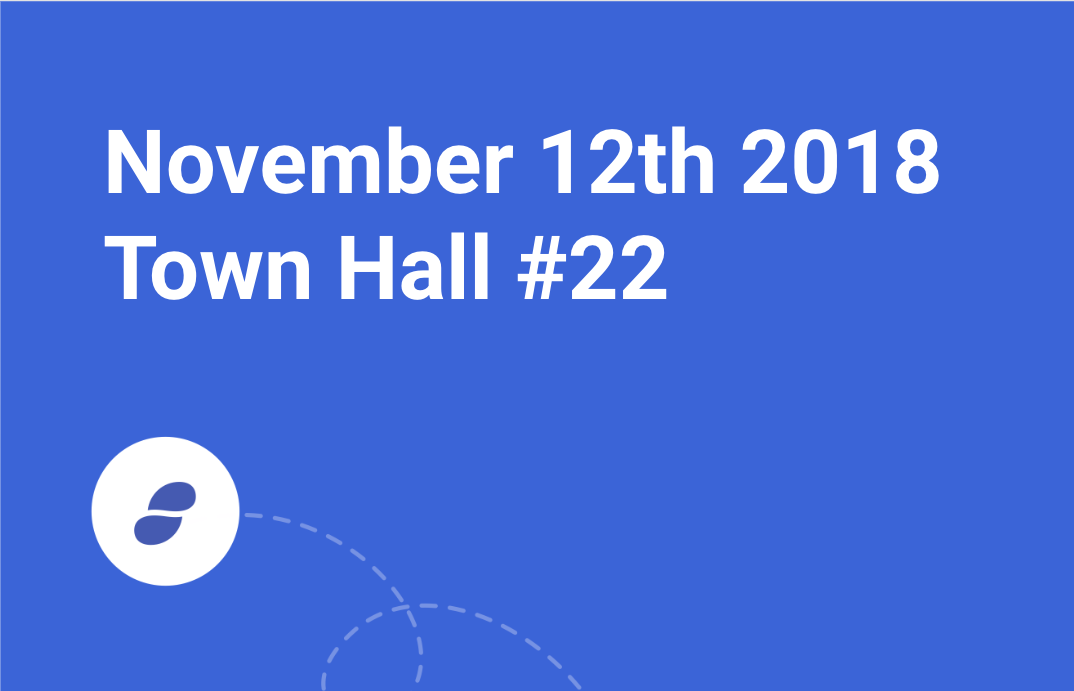Forget about UX for a while

Let me keep this short, as we all have lives to live and humaning to be done.
In these last days of summer I took part in the 4th Design team meetup of Status, a state of affairs meetup with Golem and Raiden, a UX Unconference organized by Aqeel, and lengthy debates with Status core contributors over drinks, brunch and EthBerlin. I'm grateful to have met incredible smart and likeminded people.
This is also a problem. Unknowingly, like any community that comes together, we grow closer and start speaking the same language. We talk about EIP's, ERC, seedphrases, signing phrases. Contact keys, Contact Codes, Wallet addresses or keychains. UX, interstitual states, IA structures and Design Systems. All bringing a hint of our mother-tongue into the mix from design, engineering, cryptography. And slowly we forget how long it took for us to learn this language in the first place.
Every month or so my alarm goes off and I wake up glassy-eyed. I try to speak, but it seems no one can hear me or understand what I'm saying. Nobody seems to see how important my words are. There's a person sitting in front of me, they look at me confused and a little scared - as if they're talking to a drunk person on the street. And then I realize that I am. Only I am not a drunk person on the street, I'm a drunk person sitting in a UX test room communicating in a foreign language, this language being our beloved decentralized, mobile communication and transaction platform Status.
At Status we try to 'UX test' our app with real humans at least once a month. We invite people who have bought and used cryptocurrency and are somewhat privacy oriented, judging by the messaging apps and/or browsers they use. While there is a highly engaged community out there that fits our criteria, as demonstrated by all events surrounding EthBerlin, such people are not easy to find outside of the core community; In spite of, the often framed, 'blockchain hype'. When we find these people though, seeing and hearing them use and discuss the Status core app is always eye opening. People are curious and excited when they understand the opportunities that come with decentralized systems. Occasionally, they even opt for a payment in cryptocurrency for the incentive we offer for their time. They are also intimidated. They search for ways to add contacts by entering a telephone number, delay setting up their wallet, try to figure out why someone would be called 'Beautiful Fuchsia Atlasmoth' and if they also have 'one of those' names. They try to make sense of gaslimits and prices, of the value of a flat white in ETH, and of this 'Network fee', that surely goes to Status. Meanwhile I note down quotes like "Woooah", "Help", "I have no clue what I'm doing", and "I reached the end of my attention span". I see the relief on their face as soon as I tell them we reached the end of the session; Upon which they comment that the app seems very interesting and pretty intuitive to use.
As UX researcher, I'm delighted that I hear a call all around in the community to improve 'the UX' and I wholeheartedly welcome the intention. Unfortunately, I cannot honestly say that we are changing the 'User experience' for the better with where we are now. User experience a.k.a. 'human experience', is shaped by decades of learning a language of phone numbers, email addresses, online identities, bank accounts and free services. It's shaped by everyday life. By the coffee you had in the morning, by your baby crying all night and the text you receive from your crush on the phone that holds your most precious pictures. Anything new we add to this is more likely to be a disruption and to negatively impact human experience. And to be frank, with all these variables outside of our control, it would be naive for any of us to think we can create a user experience.
Injecting some of my mother-tongue here: Let's start small and humble and talk about making our applications useful and usable first. This is not a small feat, given the language we need to bridge, but I strongly believe that ultimately it'll be more impactful.
Described quotes and observations are taken out of context and vary in occurrence. They are also my sincere report of what I see during UX testing.
For a glimpse of more nuanced UX research findings see our latest report.
If you want to talk usability, please reach out to me via email hester@status.im or join #uxresearch on Status (https://get.status.im/chat/public/uxresearch).


